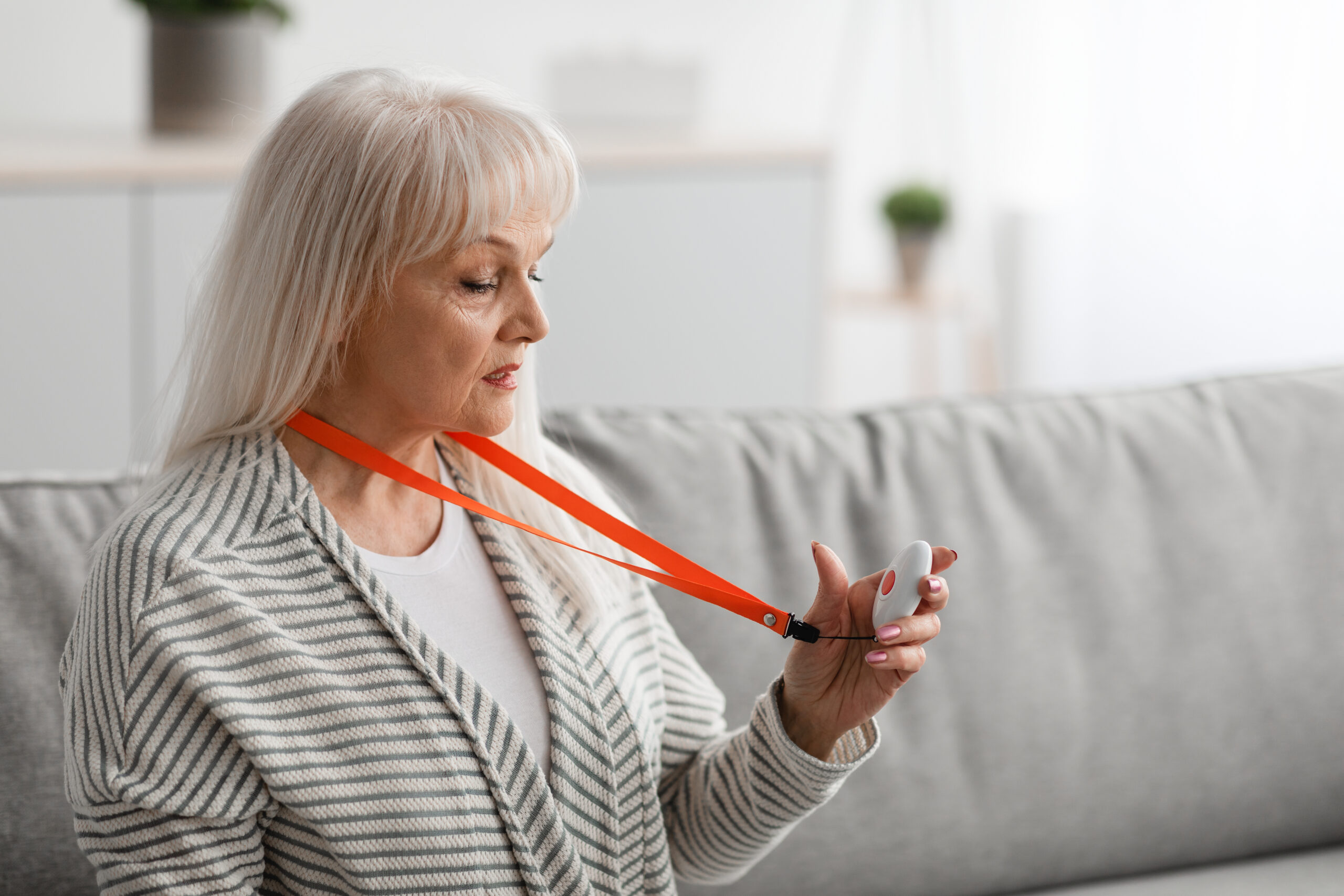As our population ages, the importance of creating a supportive and accessible environment for seniors becomes increasingly evident. Assistive devices play a crucial role in enabling older adults to maintain their independence and enhance their quality of life. These devices are designed to address various challenges that seniors may face, from mobility issues to cognitive decline. In this article, we will explore the diverse range of assistive devices available for seniors and how they contribute to a more inclusive and fulfilling lifestyle.
1. Mobility Aids:
One of the primary concerns for seniors is maintaining mobility and preventing falls. Assistive devices such as canes, walkers, and rollators provide crucial support, allowing seniors to move around safely. Additionally, motorized scooters and wheelchairs offer more advanced solutions for those with limited mobility, ensuring they can participate in daily activities and maintain an active lifestyle.
2. Hearing Assistance Devices:
Hearing loss is a common issue among seniors, impacting their ability to communicate and engage with the world around them. Hearing aids, personal amplifiers, and captioned telephones are examples of assistive devices that address these challenges. These devices not only enhance the seniors’ ability to hear but also improve their overall social well-being.
3. Vision Enhancement Devices:
For seniors with visual impairments, a range of assistive devices can make daily tasks more manageable. Braille readers, magnifying glasses, and talking watches are examples of tools that help seniors with low vision maintain their independence. Additionally, voice-activated devices, such as smart speakers, provide a hands-free approach to accessing information and entertainment.
4. Medication Management Devices:
As seniors often deal with multiple medications, managing prescriptions can become a complex task. Medication dispensers with alarms, pill organizers, and reminder apps help seniors stay organized and adhere to their medication schedules. These devices not only promote health but also offer peace of mind for both seniors and their caregivers.
5. Cognitive Support Devices:
Cognitive decline is a common challenge associated with aging. Assistive devices, such as memory aids, electronic organizers, and simplified remote controls, help seniors with cognitive impairments stay connected and engaged. Technology-driven solutions, including tablets with user-friendly interfaces, can also provide mental stimulation and entertainment.
Assistive devices for seniors play a pivotal role in fostering independence, safety, and overall well-being. These devices address a wide range of challenges, from mobility issues to sensory impairments and cognitive decline. As technology continues to advance, the landscape of assistive devices will likely expand, offering even more innovative solutions to support the aging population. By embracing these tools, seniors can age gracefully and enjoy an improved quality of life, while caregivers and family members gain peace of mind knowing their loved ones are equipped with the necessary support.
FirstLantic Healthcare has been serving the South Florida community since 2000. If you or someone you know needs home healthcare services in South Florida, FirstLantic can help. We are locally owned and operated, providing our patients with the best home care services in Fort Lauderdale (Broward County) and Delray Beach (Palm Beach County) since 2000. We have also been named Top Workplaces by the Sun Sentinel for 8 years in a row. Click here to contact us.
To read more of our blogs, click here.
 AVAILABLE 24 HOURS A DAY/7 DAYS A WEEK
AVAILABLE 24 HOURS A DAY/7 DAYS A WEEK Careers
Careers



